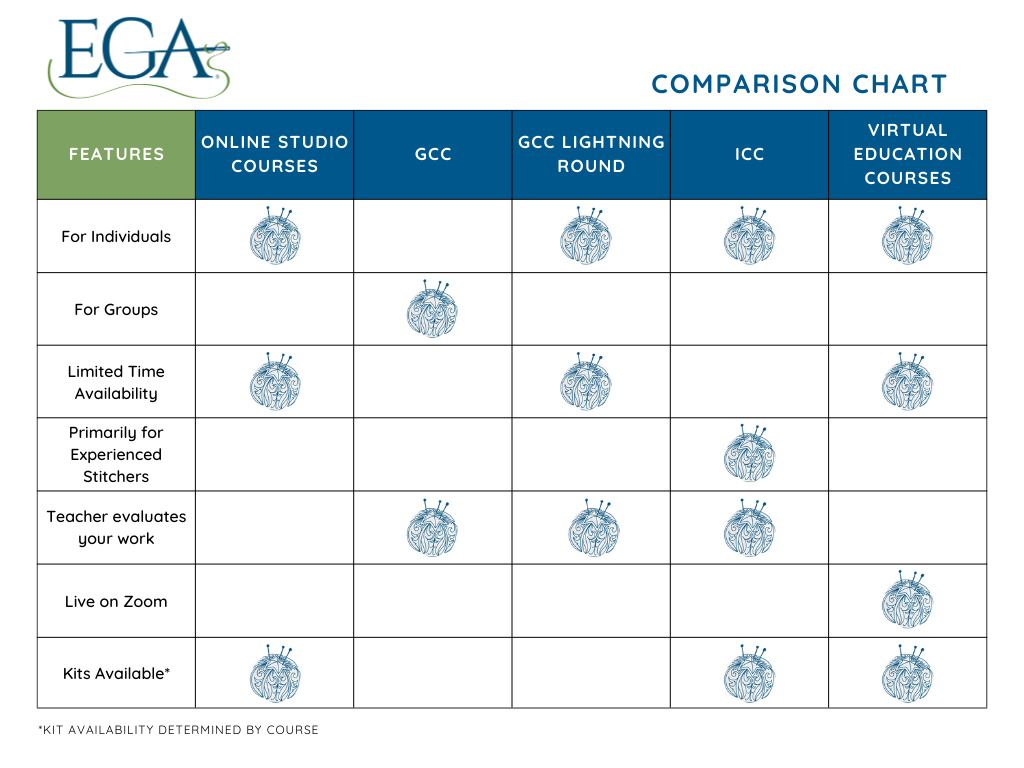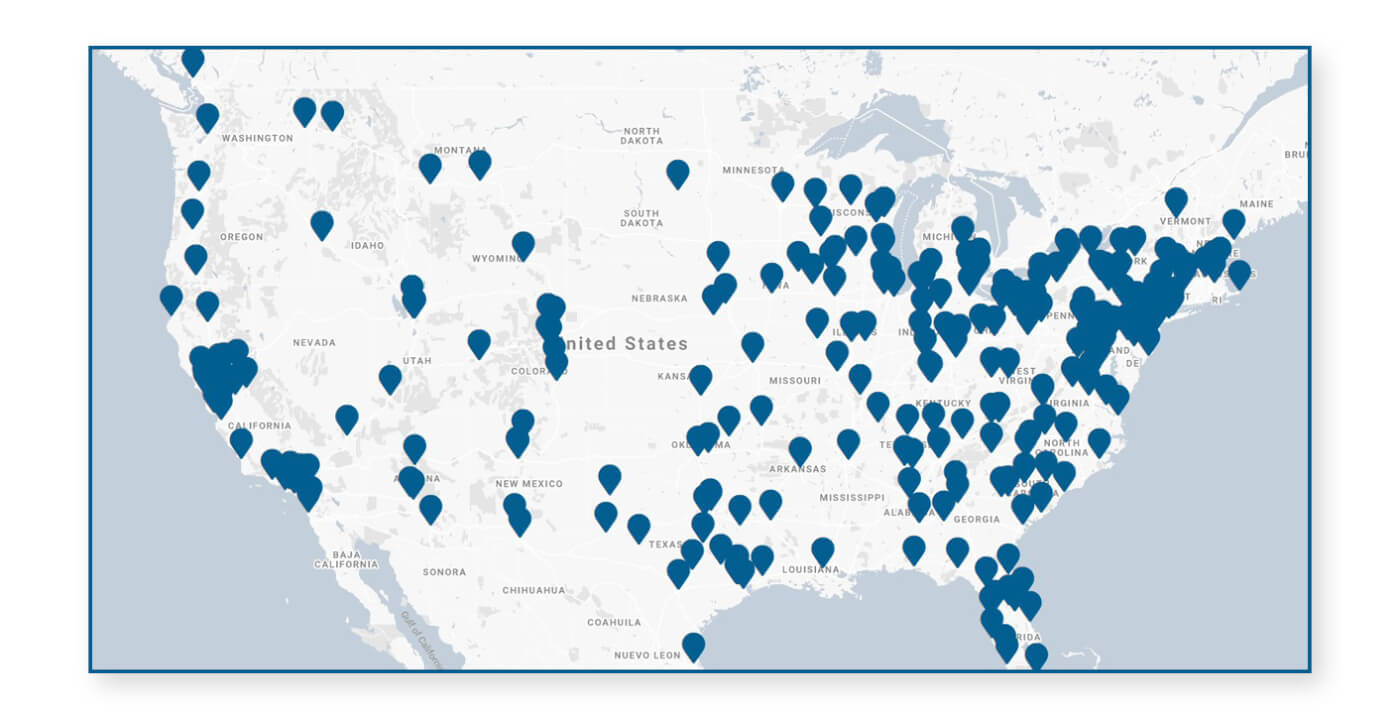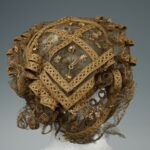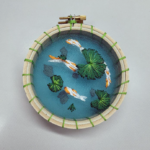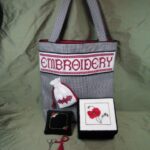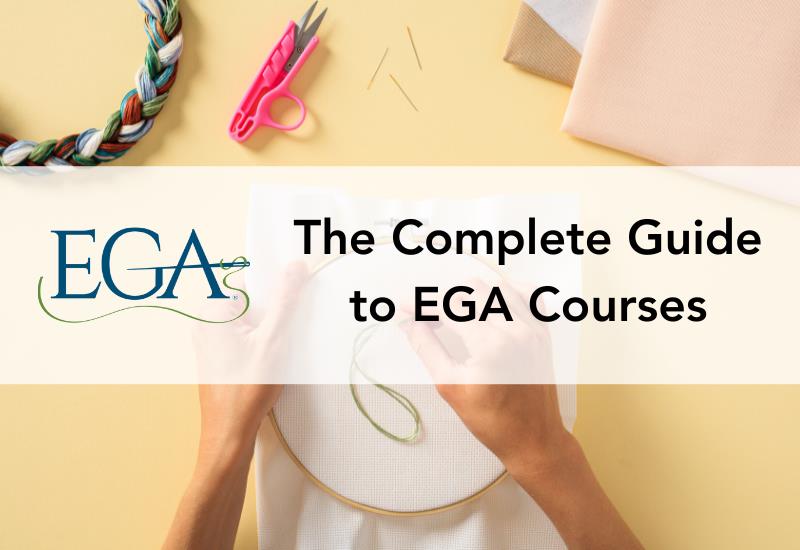
EGA members have access to all EGA’s educational opportunities. The questions we hear from a lot of needleworkers interested in EGA membership involve the differences among EGA’s courses. The following breaks down the details for each of our course offerings including requirements, availability, and eligibility. We hope this helps members and prospective members recognize the distinctions and benefits of EGA’s expansive and ever-evolving educational opportunities!
Note: All EGA courses are identified as one of four levels: All levels (suitable for all skill levels), Basic (no experience with the featured class skill), Intermediate (knowledge of basic stitches and materials used in the featured class), and Advanced (knowledge of simple and difficult stitches in the featured class skill, and knowledge of color and design). The fees for all EGA courses are non-refundable.
Online Studio Courses
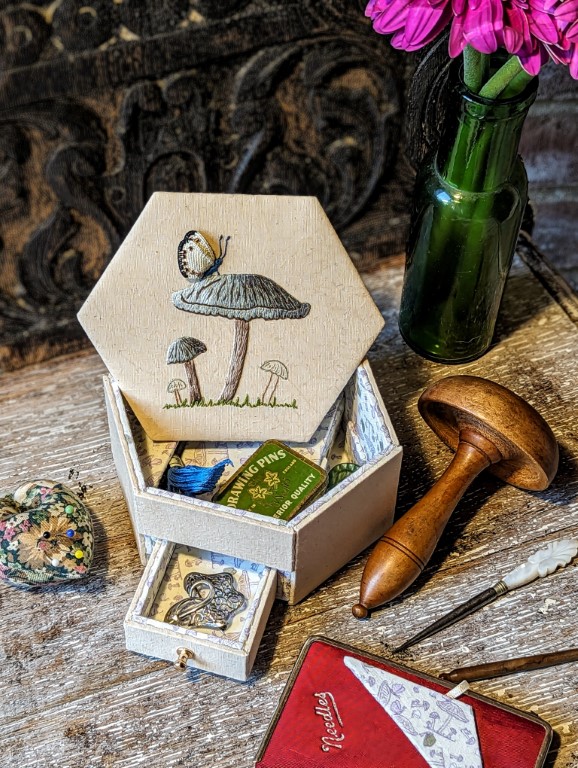
EGA’s Online Studio Courses are hosted on the EGA website. Each course consists of two to eight lessons spread across up to four months. Students in Online Studio Courses receive emails that contain links to the lesson pages where they can read, download, and print the lesson. Students also may join the course discussion group where they can exchange questions and comments with the teacher and other students, receive guidance, and share photos of their progress in the course.
Online Studio Courses are available for registration for approximately one month. Before registration opens, interested needleworkers may sign up to receive a reminder when registration opens for the selected Online Studio Course.
Some Online Studio Courses come with optional kits. The teacher usually ships these one to two weeks prior to the first class.
Learn more about Online Studio Courses here.
Group Correspondence Courses
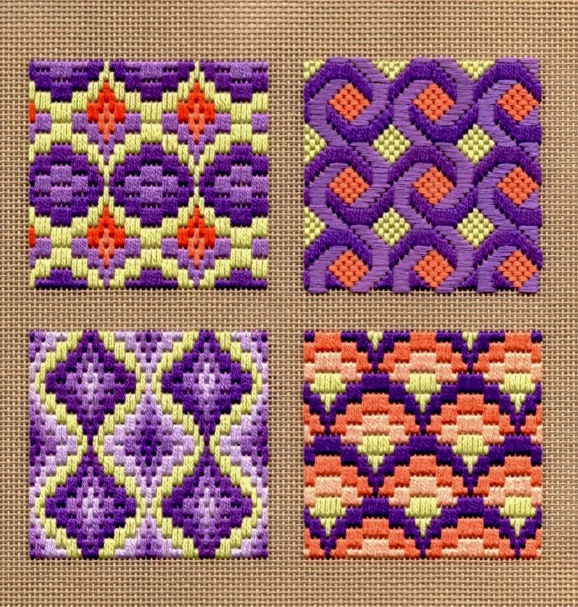
A Group Correspondence Course (GCC) is for a group of up to 20 EGA members plus one group coordinator. Depending on how the group is formed, GCC students may share the course fee. Each student pays for their own text and provides their own materials. The GCC instructions include a supply list. The GCC teacher sends the instructions, which include the supply list, before the first lesson.
For each Group Correspondence Course, the chapter or region appoints a Group Coordinator. The Group Coordinator usually handles course registration with EGA. The Group Coordinator communicates with the teacher as necessary and collects projects to send to the teacher for evaluation. Usually, this coordinator does not pay part of the course fee but does pay for the text and provide their own stitching supplies.
EGA Members-at-Large may participate in a GCC by forming a group and appointing a Group Coordinator. Also, chapters may coordinate to form a group and appoint a Group Coordinator. There are many ways EGA members may form a group. If you are looking for (or want to form) a group, please use the EGA Stitch-a-Long Facebook page.
GCCs occur across several months and multiple class sessions. After participants complete their GCC projects, they work with the Group Coordinator who arranges to send the projects to the teacher for evaluation.
Some GCCs are identified as “Encore”. This means the course was originally developed for presentation at a seminar. These have been reformatted to be taught as lessons. These are otherwise the same as all GCCs.
GCC Lightning Rounds
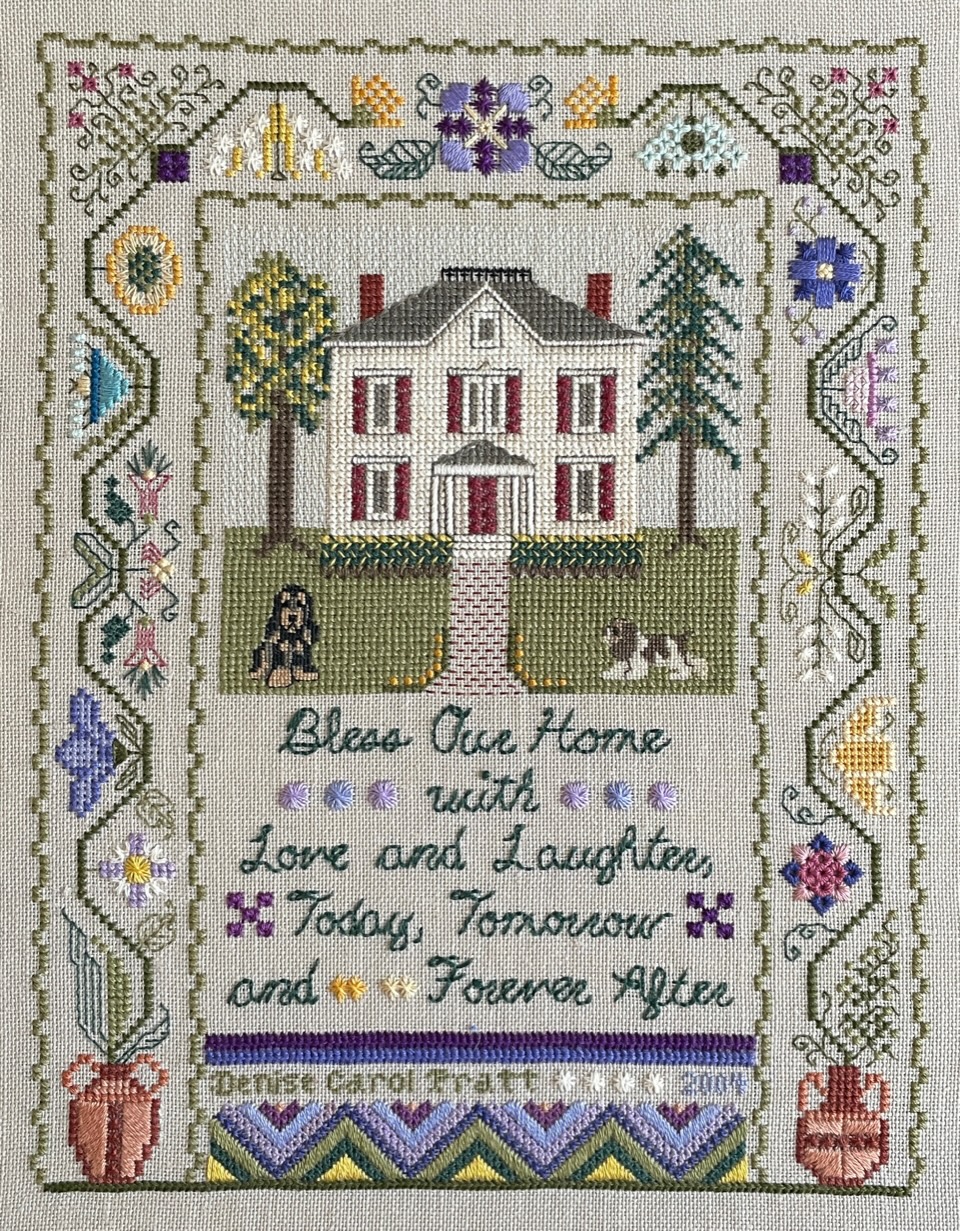
GCC Lightning Rounds are GCCs that are selected each quarter by the Education Department. During that quarter, individual EGA members may sign up for the selected GCCs. These GCCs also remain available to interested groups.
The GCC Lightning Round fee covers the cost of the text, teaching fee, shipping, and administrative expenses.
GCC Lightning Rounds are only available for a limited time for individual sign up. The list of Lightning Rounds changes each quarter (March to May, June to August, September to November, and December to February.) Registration for GCC Lightning Rounds remains open for the entire quarter. Students who have registered for a GCC Lightning Round set their completion date with the teacher.
Individual Correspondence Courses
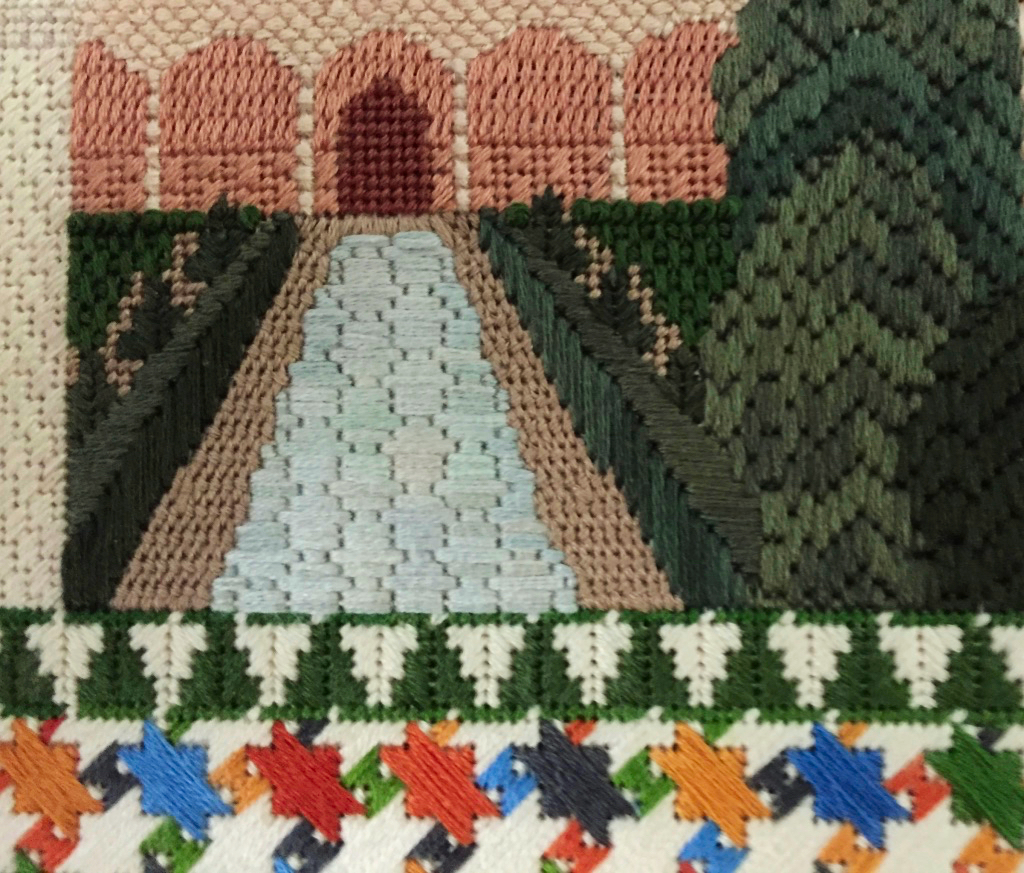
Individual Correspondence Courses (ICCs), provide an in-depth, personalized educational and mentorship experience designed to strengthen specific embroidery skills. ICCs are often used as a precursor to our Master Craftsman and Certification programs.
ICCs are tailored to experienced needleworkers seeking to enhance specific skills. ICC participants work one-on-one with a highly skilled teacher who oversees their progress.
The cost of the course textbook is not included in the course fee; students must purchase the course to receive the textbook.
An ICC may have three, six, or nine lessons. A course with six or nine lessons is for the Intermediate to Advanced student. A three-lesson course has a deadline of six months for completion; a six-lesson course has a deadline of 12 months for completion, and a nine-lesson course has a deadline of 18 months for completion. ICC students are expected to complete and mail their projects to their teacher within those time frames. Exceptions are made at the discretion of the teacher. Read more about the details around time extensions and student responsibilities here.
An ICC is available until the teacher and EGA agree to retire the course.
Virtual Education Courses
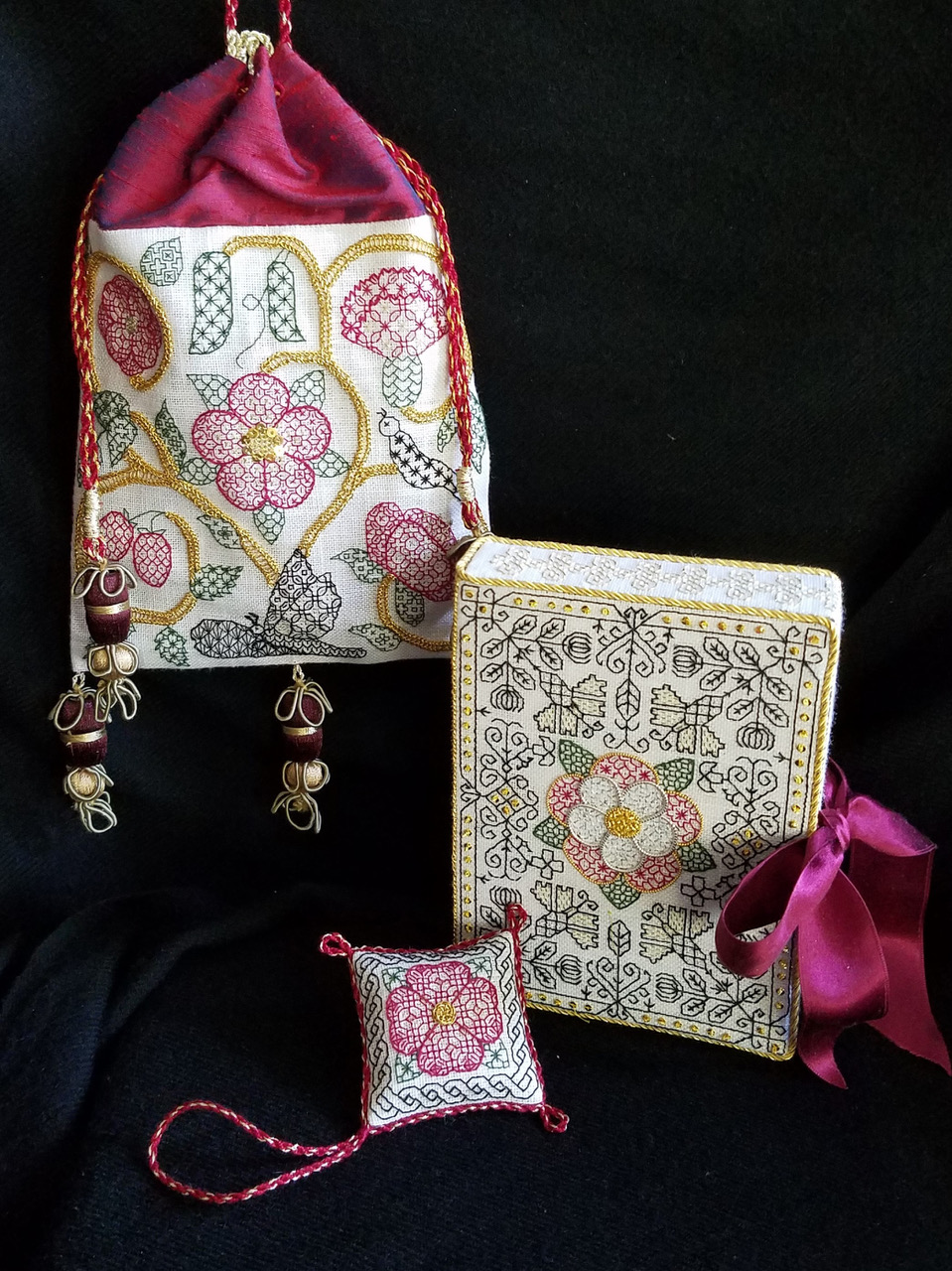
Virtual Education Courses are conducted live over Zoom. Virtual Education Courses will include written materials and may include additional stitch demonstration videos. Unlike other Education Department courses, Virtual Education Courses offer real-time feedback and guidance from the instructor.
The teacher of the Virtual Education Course determines if the course requires purchase of a kit. If a kit is not required, one may be available, or students may provide their own materials.Students who are unable to attend live sessions may receive recorded versions of the Zoom lesson, with availability decided by the instructor.
We hope this guide helps identify the differences among the various types of EGA courses. Look at the courses available to EGA members now! You may also refer to the chart below to quickly identify differences among EGA’s educational offerings. Interested in becoming a member of EGA? Join us today!
